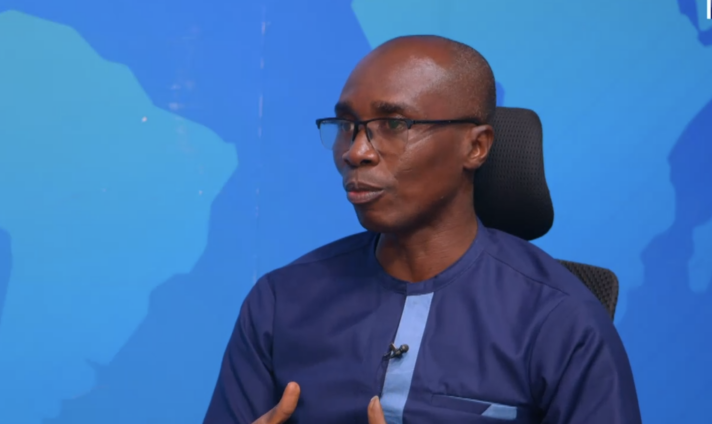Fiscal Restraint, Gold Performance Underpinning Cedi Stability – Prof Asuming Says
Economist with the University of Ghana, Professor Patrick Asuming, has attributed the recent stability of the Ghanaian cedi to a combination of prudent fiscal and monetary management, as well as favourable external conditions, particularly the strong performance of gold exports.
Speaking during a panel discussion at the 14th Ghana Economic Forum (GEF) in Accra on Wednesday, October 29, 2025, on the theme “Currency Stability – A Reset for Sustainable Economic Growth”, Prof Asuming noted that the cedi’s improved performance was not a “miracle” but the result of deliberate policy actions by the new administration.
“It’s not a miracle. We can trace it primarily to what has happened to policy and also a bit of external factors,” he said.
According to him, government’s fiscal consolidation efforts have shifted from aggressive revenue mobilisation through new taxes to greater restraint in public expenditure.
“From the fiscal side, we’ve seen a different shape of consolidation by way of restraining government spending. Even though we are doing consolidation, the focus has changed a little bit from more revenue by way of additional tax handles to restraining government spending,” he explained.
On the monetary side, Prof Asuming observed that the Bank of Ghana’s initial tightening stance early in the year, followed by a gradual easing, has helped stabilise inflation and supported investor confidence.
He further highlighted that Ghana’s gold export performance and the central bank’s enhanced gold reserves have played a crucial role in boosting foreign exchange inflows.
“Gold prices are historically high, and our gold reserves have multiplied since the introduction of the gold purchase programme. Combining that with strong performance in other export items, we’ve been able to more than meet our IMF targets,” he remarked.
Prof Asuming added that the central bank’s ability to utilise part of its reserves to support the local currency has also contributed to the cedi’s resilience.
However, he cautioned that the current gains are largely short-term and called for deeper structural reforms to sustain the stability.
“What we really have to look forward to are the steps we are going to take to achieve structural transformation and ensure that fiscal improvement is more grounded in structural reforms on both the fiscal side and the productive sector,” he stressed.
The economist further echoed sentiments shared by the Vice President and the Governor of the Bank of Ghana during the Forum, emphasising the need for value addition, innovation, and production-led growth as essential components for long-term currency and economic stability.



